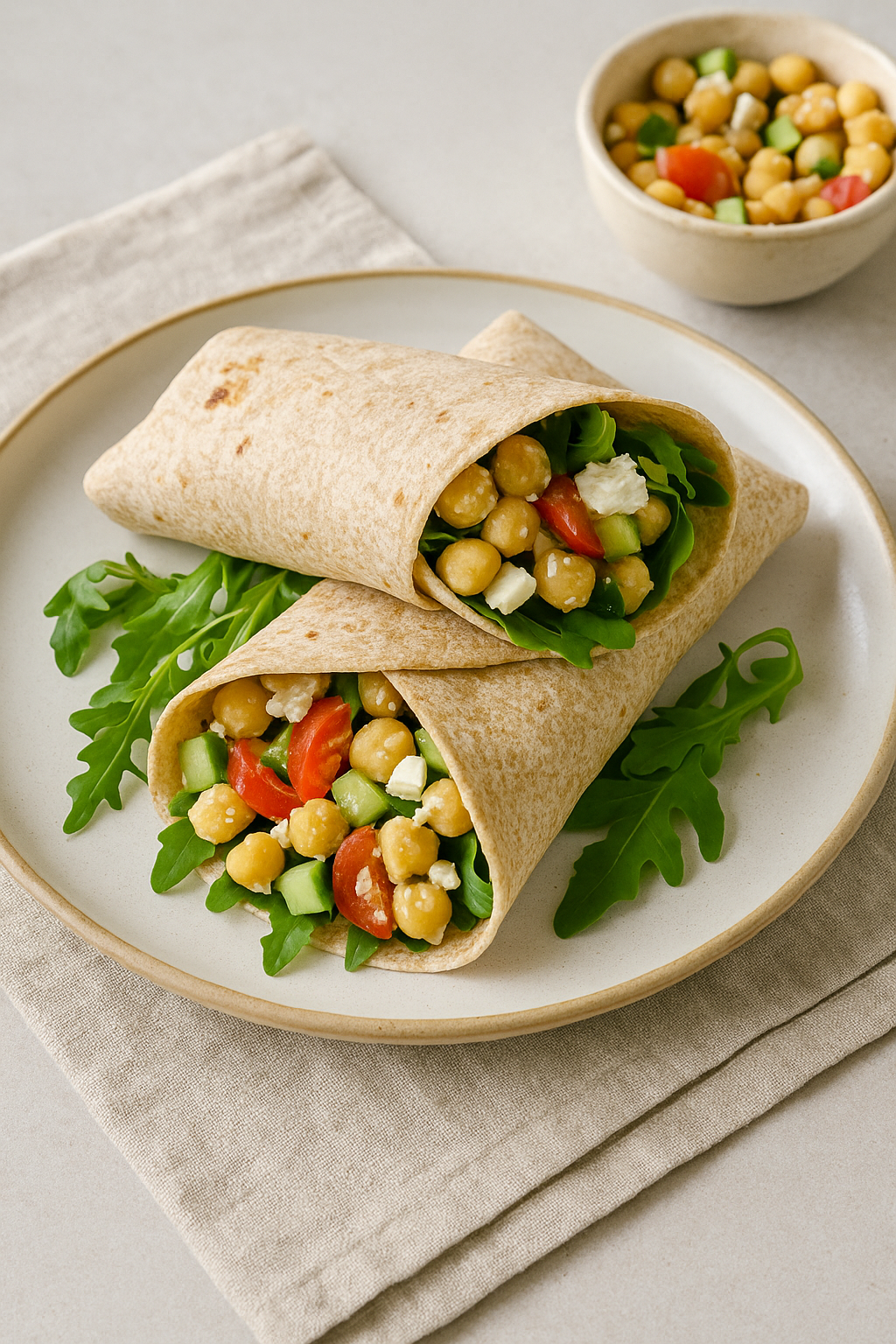Why thinking of your diet as a weight loss tool is slowing your progress.
Is your diet serving the correct purpose or is it holding you back from making progress?
Let’s face it – the diet industry is HUGE. Over the years we have been repeatedly told that we need to see foods as calories. We should only eat ‘good’ or ‘clean’ foods, and make complex calculations each day to ensure we stay within our calorie target. This can feel like an endless diet, and often doesn’t get us to where we hope to be.
This diet culture has led to us not knowing how to eat for health or how to enjoy foods. If the diets worked, you wouldn’t need to keep starting another one on repeat. Yet so many women are focusing on what they eat to manage their weigh which can be problematic for several reasons.
Food as calories
Only seeing foods as calories can cause nervousness to eat certain foods that we consider to be ‘too calorific’. This can mean we choose less nutritious options. e.g. a bag of low-Cal crisps rather than a handful of nuts. Or a bowl of salad leaves with inadequate protein and carbs. Because of this, we could be missing out on essential nutrients that our body needs to fully function now and that can support us in the future.
When making these choices, we run the risk of feeling unsatisfied due to the lack of nutrients consumed that matter to our body. This might cause us to feel hungrier faster, which in turn will lead to regular cravings that are difficult to resist.
We might end up grabbing the nearest, quickest meal to us at the time. Whether that’s something we consider to be ‘healthy’ or not. It’s an endless cycle that has us feeling like we’re spiralling out of control.
It’s a similar story to anyone who tries skipping meals to ‘save’ calories. Many women I work with tell me they are not usually hungry for breakfast. This is more to do with them no longer recognising their hunger signals. Often when they start to regularly eat breakfast, they start to realise that they aren’t constantly thinking about food all morning. They are no longer unable to focus, nor struggle with their mood and energy.
Regression
Many of these women quickly grow tired of the low calorie/fasting diet approach because they regress so heavily. Constant hunger; leads to eating without mindful choice; leads to feelings of frustration, guilt and shame.
That oh-so-familiar ‘I’ve broken my diet’ feeling can hit hard. We’ve all been there – defeated by our own cravings, so we reach for more food as comfort and tell ourselves ‘I’ll start again on Monday’.
Those that see food as calories are more prone to emotional eating. It’s recommended to move away from calorie restriction and seek support in learning emotional regulation skills.
Nourishing the body
Many women I have worked with over the years have focussed their worries on what not to eat, what to take out of their diet, or if they’ve eaten too much. Rarely have they worried about not eating enough, and actually this is often the case.
If women feel they need to lose weight, they assume that they need to keep restricting themselves evermore to achieve it. However, our bodies need a certain number of calories to function. With up to 75% of our calories needed each day being consumed for our resting metabolic rate. This means that we need this number of calories even if we don’t get of bed!
Women should be thinking about what foods to add into their diet so that they are consuming the nutrients that will support their physical and mental health now and in the future.
For example, all women will experience menopause and we should be preparing our bodies for this phase by providing it with the key nutrients it needs: (calcium, omega-3, Iron and fibre). These nutrients all help to support a healthy heart, as well as maintaining bone and muscle mass.
Change that lasts
Overly restrictive diets = unsustainable.
So, this means that even if you do lose weight, it can’t be maintained because you can’t eat this way forever. As mentioned above; if this overly restrictive approach was working for you, you wouldn’t still be in the dieting cycle.
There is a saying that ‘the best diet is the one that you can stick to’ and I think this holds a lot of truth. When we find a way of eating that fits easily with our lifestyle and preferences, then we have cracked it. It no longer feels like a chore, a restriction or something that we can fail at. It is a way of ‘being’ that gives meaning and joy to our lives.
When we keep riding the diet cycle and never getting to where we want to be, this erodes our confidence. It affects how we view our body image, self-belief and self-acceptance. This moves us further away from living a life that aligns with our values. We are no longer making change to support health, but rather how we look. This can be a miserable and exhausting place to be, and sometimes it’s not until someone points this out, that you realise how deeply entrenched in the cycle you have become and how negatively this is affecting your life.
Guidelines not Regimes
If you’re planning your meals similar to a strict military regime then you’re likely missing out on a lot of fun with food. You’re also spending your precious time and mental energy on an unsustainable way of living.
Rules and regimes lead to black and white thinking – I am on the diet or off the diet. But so often life is that bit in between. Not allowing yourself flexibility is setting yourself up for failure.
In my clinic I teach people about guidelines to follow when it comes to nutrition. This means people can have flexibility in how they approach each day, whilst still prioritizing their health and wellbeing.
Each day is different, with different demands and rules which strict regimes don’t fit into. We don’t feel the same each day: sometimes we are hungrier than others. We could be full of energy today and tired the next. Our diets should be adaptable to meet the demands of life and your diet is not all or nothing!
This is one of the common reasons people ‘fail’ at diets. They feel that they must follow rules each day which are impossible to follow when ‘life happens’.
Learning how to adapt, be flexible and listen to your body means that you are not reliant on external rules telling you how much and what to eat.
In Summary
I’m not saying we shouldn’t have awareness of calories, or that we shouldn’t be considerate to the proportions of different foods in our diets. If we want to be healthy then of course we need to think about this. But the more we can move towards seeing food as food, not calories, then we can start to think about what we eat in a much broader context than what our bodyweight is. This will bring about health, happiness and the joy of eating that we all deserve!




